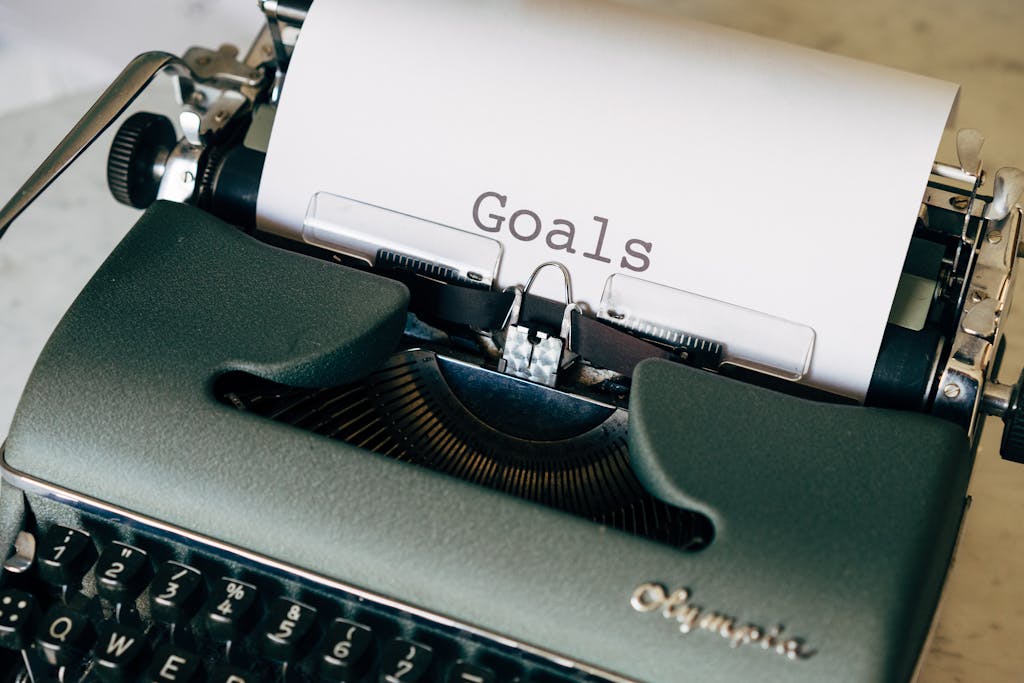6 Reasons You’re Not Seeing Progress in the Gym
Are you tired of not seeing progress in the gym? Have you been hitting the gym, sweating it out, and still not seeing those changes you crave? Don’t worry, you’re not alone. It happens to the best of us. In this blog, we’ll explore why your efforts might not yield the desired results. We’ll uncover the secrets behind those stubborn plateaus and give you practical, actionable solutions to bust through them.
So, if you’re tired of not seeing progress, if you’re tired of spinning your wheels, and ready to start seeing some results your on your fitness journey, keep reading.
Reasons You’re Not Seeing Progress in the Gym
1. Your Workouts are No Longer Challenging
Maybe you consistently show up to the gym and do your workouts, but you’re just going through the motions, sticking with the same weight and reps for every workout. Sure, maybe you’re getting a good sweat in, but that’s about it. You’re really not pushing yourself.
The key to progress is progressive overload. In any training program, the body always adapts to the demands we place upon it. This is called Specific Adaptations to Imposed Demands or the SAID principle. This explains why your first time doing a particular exercise may seem challenging, but as you repeat the movement, it becomes easier. This is because your body has adapted. So imagine if you keep doing that same movement the same way every week. You’re no longer challenging your body, and it has no means to improve. To continue to see performance improvements, you must incrementally change variables to challenge your body. This is referred to as progressive overload.
So, how do we apply the concept of progressive overload in our training? We change the exercise variables such as reps, sets, weights, tempo, stability, rest periods, etc. For example, on your lower body day, you have been doing 3 sets of 12 reps of squats. But now this is becoming easy. So, a way to progressively overload this movement would be to increase your reps from 12 to 15. Or instead of doing 3 sets, you increase to 4 or 5 sets. Or slowly increase your weight until you find a new weight that feels challenging for the 12 reps (without compromising form). The goal here is to find a new stimulus that challenges the muscle.
2. Not Being Consistent or Sticking to a Program
Maybe you’re always doing a different workout. Or maybe you’re skipping workouts altogether. Consistency and progressive overload go hand in hand. How do you know if you’re progressing if you never repeat the same exercise or workout? It is recommended that you stick to a workout routine for 4-6 weeks. During these 4-6 weeks, you should be applying the concept of progressive overload, as we already discussed. For example, if your goal is specifically muscle growth or strength, you should stick to the same routine and progressively increase weight (safely without compromising form), reps, or sets. This will allow you to track progress each week.
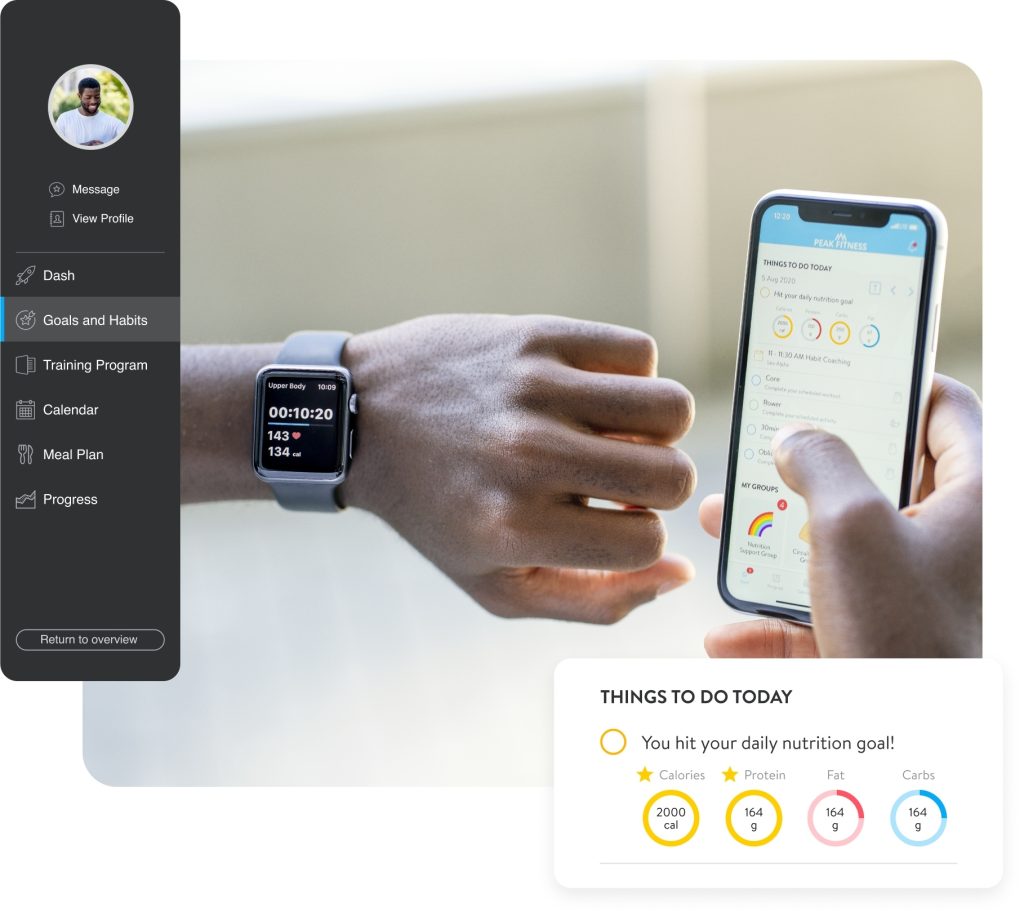
On the other hand, if you’re skipping workouts altogether, this can set your progress back as well. If you are unable to stick to a regular workout schedule, try examining why you’re missing workouts. Are you prioritizing other areas of your life? Are you constantly sore and not recovering between sessions? Are you lacking motivation? Or do you need extra accountability? In this case, it may be beneficial to step back and try establishing a routine that fits your life’s demands. Establish a workout schedule that you enjoy and can stick to no matter what the rest of your day looks like—or maybe build in more rest/recovery days. Find a friend or trainer to keep you motivated and accountable. Try a group fitness class!
If you’re looking for a custom program tailored to your goals, check out my custom programs!
3. Not Getting Enough Rest/Recovery
Okay, we’ve talked a lot about increasing the intensity of your workouts, but sometimes, the intensity may also be the problem. Sometimes, doing more is not always the solution. Rest and recovery days are as important in your fitness routine as the workouts.
During exercise, we deplete energy stores and cause physical stress to the muscles. Rest days allow our bodies to replenish those depleted energy sources and repair damaged muscle tissues.
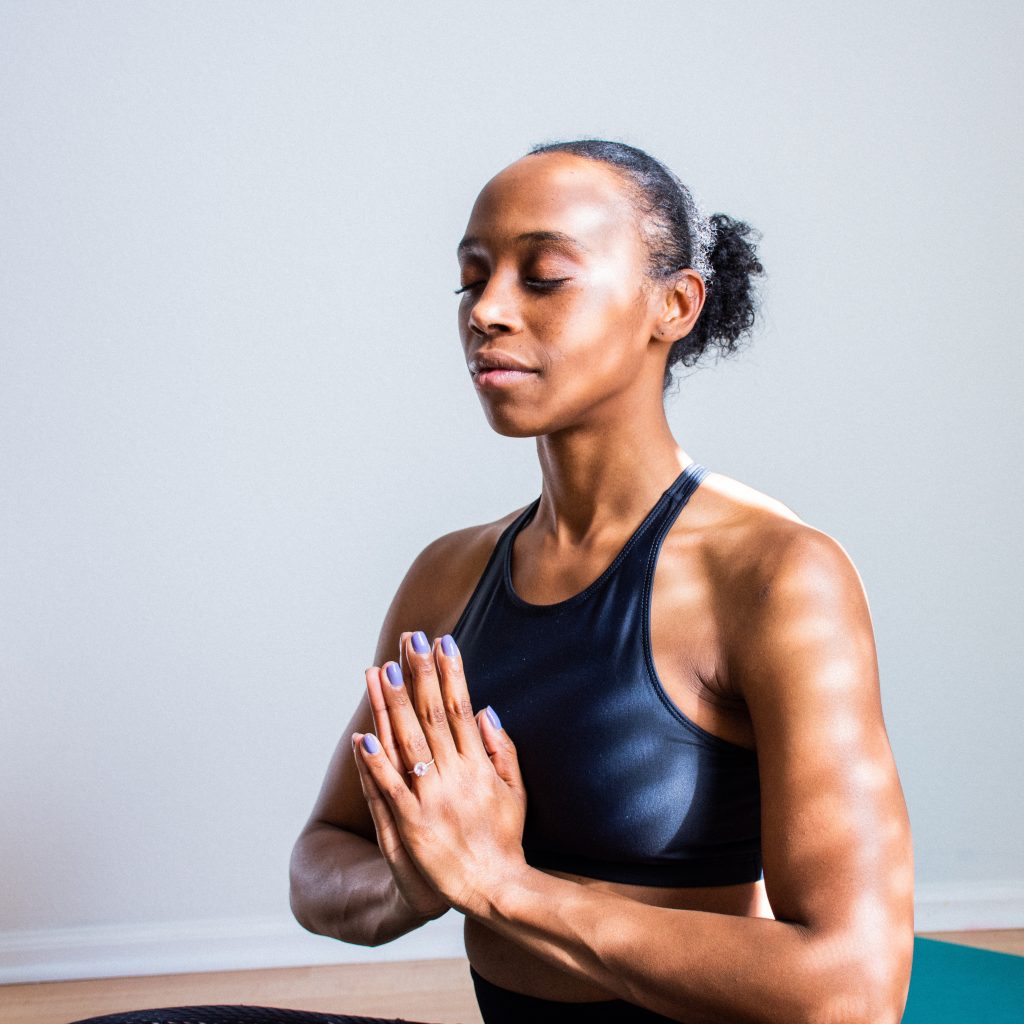
Signs you’re not getting enough rest:
- It’s taking your muscles longer to recover after a workout
- You’re having trouble sleeping at night
- You’re not seeing progress in your workouts
- Loss of appetite
- Irregular menstrual cycles
This does not mean you can’t do some form of exercise every day. However, the intensity of your workouts should vary throughout the week. You should not be doing high-intensity workouts every session. Instead, your high-intensity sessions should be followed by lower-intensity workouts or rest/active recovery such as walking or stretching.
Sample workout schedule:
Day 1- High-intensity session
Day 2- Active recovery (Walking, yoga, stretching)
Day 3- Moderate-intensity session
Day 4- High-intensity session
Day 5- Active recovery session (Walking, yoga, stretching)
Day 6- Moderate-intensity session
Day 7- Rest
4. You’re Not Eating Enough
Remember, food is energy. You need to fuel your body to reach your goals. You cannot wake up, clean the house, go for a walk, work an 8-hour day, take a 45-minute spin class, consume only 800 calories, and expect your body to perform as you want it to. You must give your body the necessary calories and nutrients to support you.
Focus on eating at least three balanced meals consisting of a protein source, a healthy source of carbohydrates, and some healthy fat. Fill up on fruits and vegetables that give you extra nutrients and hydration.
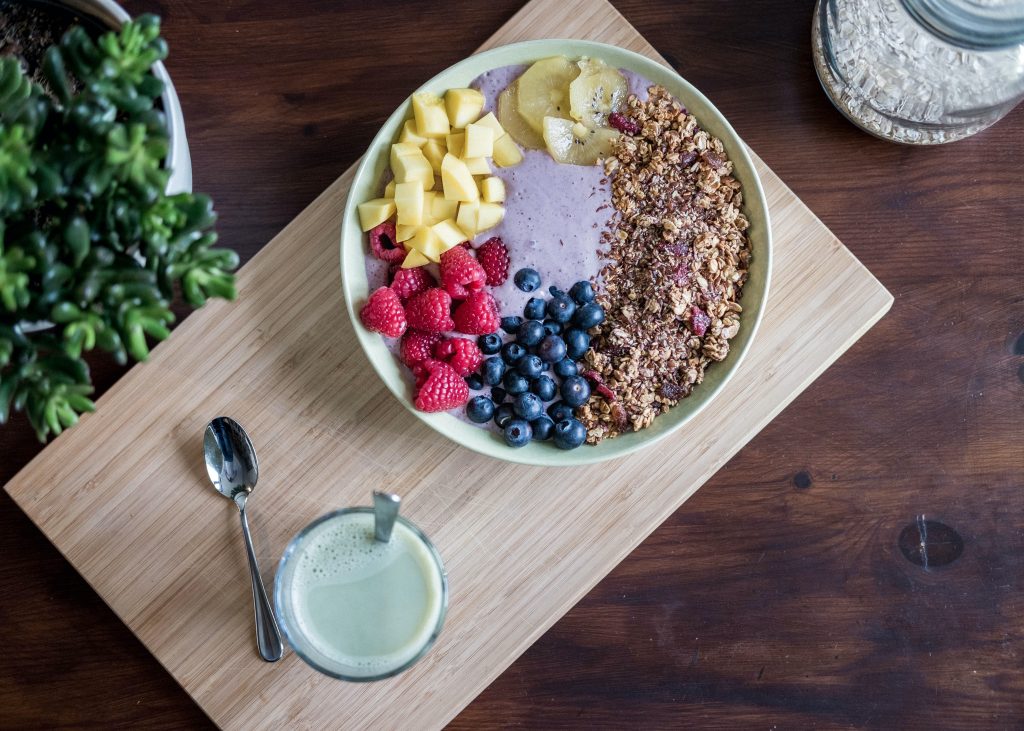
If you want to grow or build muscle, you should eat in a surplus. This means eating slightly more calories than your body needs to maintain your weight. If your goal is to lose weight, you should eat slightly fewer calories than your body needs to maintain your weight. No matter your goal, you need to ensure you are consuming enough protein to recover and build muscle while working out. After your workout, you should consume mostly protein and fast-absorbing carbohydrates to replenish energy stores and rebuild muscle.
5. Your Weekends Kill Your Progress
We’re all guilty of this one. Monday through Thursday, we’re perfect. We prep our meals for the week on Sunday. Perfectly measured and portioned. We drink our water and get a good night’s sleep. But then Friday afternoon rolls around, and all bets are off! Bring on the drinks and take out. Did anyone mention endless mimosas at Sunday Brunch?
The problem with this is even one or two high-calorie meals can completely derail the progress you have made throughout the rest of the week. Let’s talk about weight loss. To lose one pound of body fat, you must be in a 3,500-calorie deficit. Split between 7 days means you must eat 500 calories less daily. Now, let’s say you go out on Saturday night and have three slices of pizza. That easily can add up to over 900 calories. Now, not only have you exceeded the 500 calories, but you’re almost 1000 calories over budget. So now you’ve undone all the progress you may have made during the week. And this is only the eating part!
Add a few drinks to the equation, and those liquid calories can add up quickly!! Not to mention what drinking does to the quality of your sleep. So now you wake up on Saturday morning feeling sluggish and unmotivated to work out, so you skip the gym. Then, you repeat the same behaviors on Saturday, which rolls over into Sunday. If this sounds familiar, no worries; you’re not alone. But it’s time to rethink your goals and priorities.
6. You’re Letting the Scale Dictate Your Progress
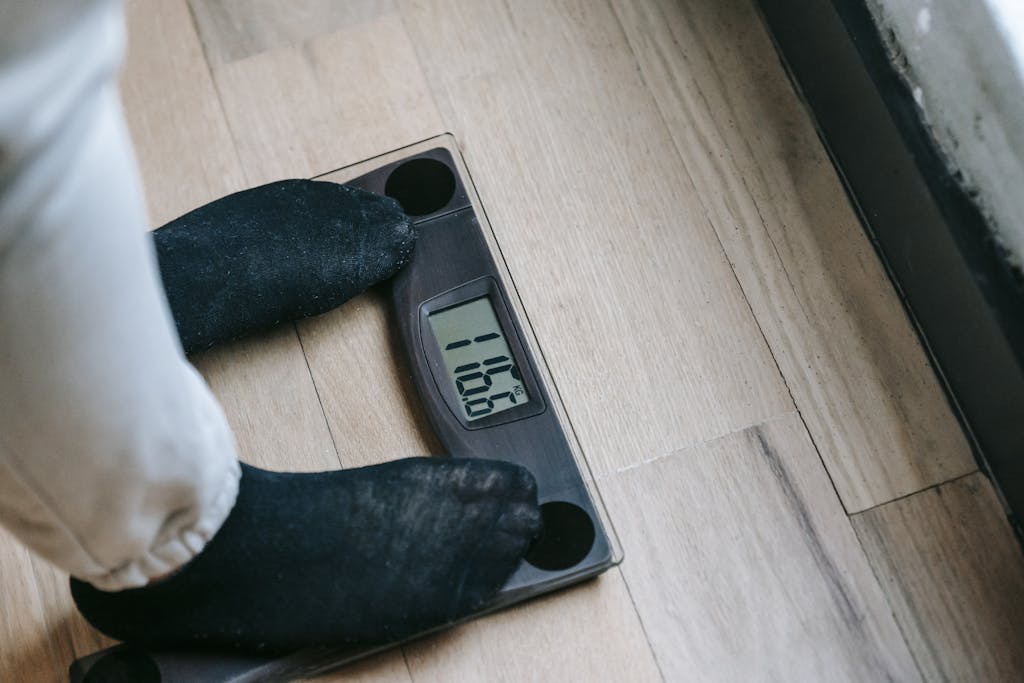
If your only measure of progress is the number on the scale, you’re doing yourself a disservice. Sure, your body weight can be a helpful tool for measuring changes in your body, but that’s about it. Your body weight will change daily depending on variables such as water/sodium intake, the quality of your sleep the night before, and hormonal changes. But this does not tell you if you’re progressing in the gym.
Rather than focusing solely on the number on the scale, pay attention to other factors such as:
- Are you getting stronger?
- Are your clothes fitting better?
- Body measurements
- Do you have more energy?
- Do you feel better overall?
Things Take Time
Remember, fitness is a marathon, not a sprint. It takes time and consistency to see progress. Be patient and keep showing up for yourself. Remember, exercise is not just about your physical appearance. The benefits to your mental and physical health are way more rewarding than how you look on the outside! And if you need help getting started on your goals, don’t hesitate to reach out!

